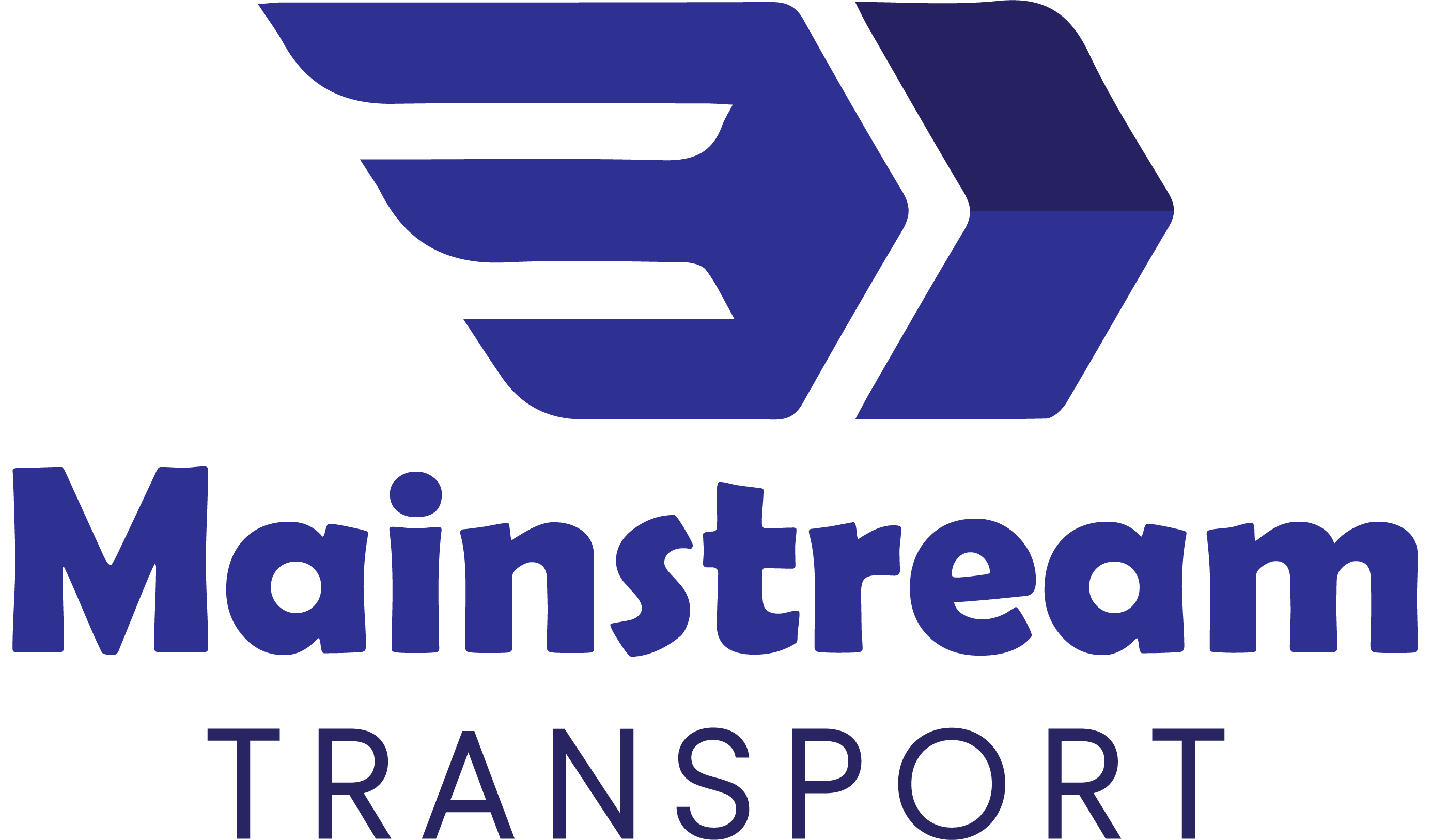When it comes to transporting goods, choosing the right freight company can make all the difference. The wrong decision can lead to delays, damaged goods, unexpected fees, and unhappy customers. But the right logistics partner can streamline your operations, reduce costs, and deliver peace of mind.
Before you book your next shipment, take a moment to ask these seven essential questions. Each one will give you valuable insight into how a freight company operates—and help you decide whether they’re the right fit for your business or personal shipping needs.
1. Are You Insured?
Why it matters:
Freight insurance is your safety net. It protects your goods in the event of damage, theft, or loss during transit.
Even the most experienced carriers can encounter unforeseen issues—bad weather, road accidents, or warehouse mishandling. If your freight company isn’t insured, you might be stuck covering the costs out of pocket.
What to look for:
-
Ask for details of their insurance coverage.
-
Clarify whether it’s included in the quote or offered as an add-on.
-
Ensure the policy covers the full value of your goods.
Bonus Tip: Ask whether you need to declare a specific value to activate full coverage.
2. Do You Calculate by Actual or Cubic Weight?
Why it matters:
Freight pricing can be confusing. Some companies charge based on actual weight (what the goods physically weigh), while others use cubic weight (how much space your goods occupy).
Bulky but lightweight items—like pillows or packaging materials—can end up costing more under cubic weight pricing.
What to look for:
-
Request a clear explanation of their pricing model.
-
Ask how they determine cubic weight (length × width × height ÷ conversion factor).
-
Get a quote with both weights, so you can compare.
Pro Tip: Know your package dimensions and weight in advance to avoid surprises.
3. Can I Track the Shipment?
Why it matters:
In today’s world of real-time updates and on-demand logistics, you shouldn’t have to guess where your shipment is.
A good freight company offers tracking systems—either via online portals, mobile apps, or direct communication—so you stay informed from pickup to delivery.
What to look for:
-
GPS-enabled tracking or status updates.
-
Customer portal access or dedicated account manager.
-
Regular email/SMS alerts on delivery status.
Peace of mind: Transparent tracking builds trust and allows you to communicate better with your own customers.
4. Do You Offer Depot-to-Depot or Door-to-Door Services?
Why it matters:
Not all freight services are equal. Some companies offer door-to-door delivery, handling everything from pickup to final drop-off. Others may provide only depot-to-depot service, requiring you or your customer to handle one leg of the journey.
What to look for:
-
Confirm the scope of service offered.
-
Ask about additional fees for pickup/drop-off at remote locations.
-
Choose based on your convenience and budget.
Bottom line: Understanding the delivery model helps prevent confusion—and extra travel for you or your client.
5. Is This a Backload?
Why it matters:
A backload is when your freight is transported in a truck returning from a previous job, often at a discounted rate. While this can be cost-effective, it can also mean less control over timing or routing.
What to look for:
-
Ask if the quoted price is for a backload.
-
Check if your delivery time is flexible or fixed.
-
Understand any compromises involved in backloading.
Good to know: Backloads are great for non-urgent freight, but not ideal if you’re on a tight schedule.
6. What Kind of Goods Do You Specialise In?
Why it matters:
Freight companies often specialize in certain types of cargo—like refrigerated goods, hazardous materials, oversized machinery, or fragile electronics.
Choosing a company experienced in handling your specific type of freight ensures better care, safer handling, and smoother delivery.
What to look for:
-
Ask about their experience with your product category.
-
Check if they have the right equipment (e.g., temperature control, tail lifts, containers).
-
See if they comply with industry-specific regulations.
Extra assurance: Specialized freight handling can mean fewer damages and better service quality.
7. Can You Provide References or Reviews?
Why it matters:
Reputation matters. Reviews and testimonials from real customers offer insight into how a freight company operates. Were shipments delivered on time? Were customer issues handled well?
A trustworthy company should have no hesitation sharing references or directing you to their online reviews.
What to look for:
-
Ask for client references from your industry or region.
-
Check Google Reviews, Trustpilot, or logistics forums.
-
Look for patterns in customer feedback—especially on punctuality, professionalism, and pricing honesty.
Red flag: If they avoid this question or have consistently negative reviews, think twice.
Conclusion:
Asking these questions upfront helps you avoid hidden fees, delays, or poor service. Don’t book blindly—ship smart and stress-free!

Leave a Reply